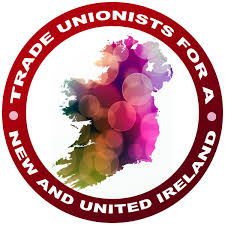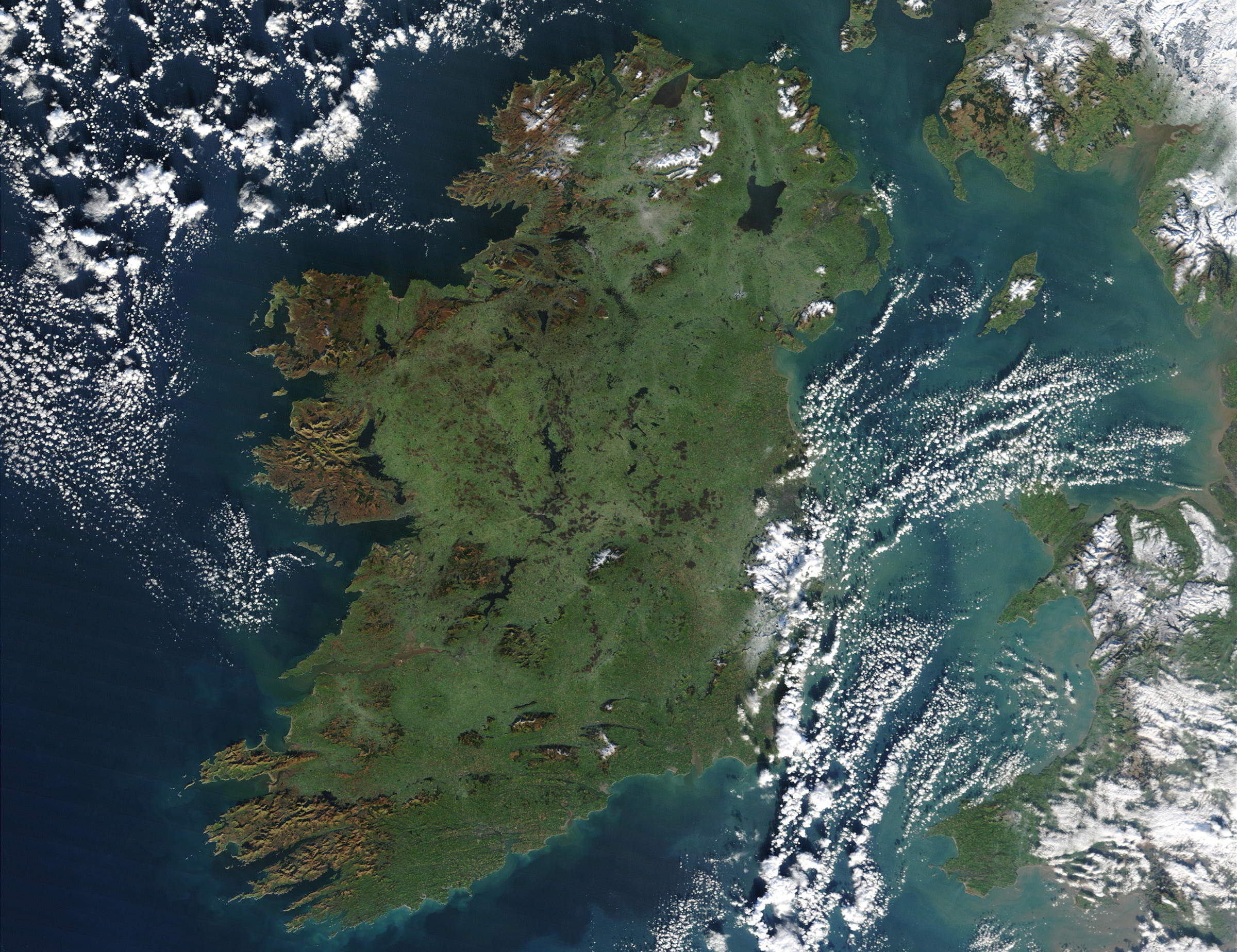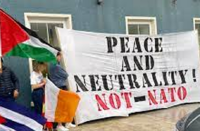The recent formation of Trade Unionists for a New and United Ireland should be considered a positive development, providing an opportunity for a debate among those committed to ending the imperialist domination of our people and on what that new Ireland should be like.

We must reclaim the vision for a new and united Ireland, the vision as laid out in the Proclamation of the Irish Republic (1916) and the Democratic Programme of Dáil Éireann (1919). This is entirely different from the “republic” that was set up by the counter-revolutionaries from 1922.
If this is a genuine initiative to bring forces together, it must be for providing the opportunity for the working class, north and south, to shape the vision for a new Ireland. The debate cannot be allowed to become a narrow nationalist one: Irish unity is not a geographical thing, it is political thing.
James Connolly hit the nail on the head when he wrote that “the cause of labour is the cause of Ireland, the cause of Ireland is the cause of labour.” So it is imperative that the labour movement lead the debate.
The trade union movement is the largest working-class organisation in the country, with more than 800,000 members. It is the main weapon of our class. Labour (as distinct from the Labour Party) has waited long enough to assert itself on ending partition and on a future all-Ireland democracy, and on deciding whose interests it must serve.
These initiatives all start off small; but they have to start somewhere. This one can unite the class and have tens or hundreds of thousands of rank-and-file trade union members sign up to the proposal, forcing the leaders of unions to align themselves with their members instead of their “social partners.”
This debate must be bottom-up. And we must be prepared and ready for the challenge.
“When the aristocracy come forward, the people fall backward; when the people come forward, the aristocracy, fearful of being left behind, insinuate themselves into our ranks and rise into timid leaders or treacherous auxiliaries.”
Theobald Wolfe Tone, “Manifesto to the Friends of Freedom in Ireland” (1791).
To be successful it will need to open up a national conversation for workers who have never been introduced to class politics or what a new Ireland could look like: the Ireland of Tone and Connolly.
It is an opportune time to clearly outline how the two political entities in this country have failed our people, both politically and economically, since partition. These failed entities have served only the interests of the capitalist class, north and south, and British imperialism.
If the country is to be united it must be a new united Ireland, formed in the interests of the working class, and not for keeping the privileged elite in power. The struggle for a new republic must be centred on a new Democratic Programme for the 21st century, one that brings to the forefront sovereignty, economic independence, economic rights, workers’ rights, human rights, gender rights, the environment, anti-imperialism, and world peace, together with the basic rights to universal health, welfare, housing, and education—a new Ireland for serving the interests of all our people, not those of a tiny elite and corporate interests. The Democratic Programme for the 21st Century adopted by the People’s Dáil, organised by the Peadar O’Donnell Socialist Republican Forum, is a good starting-point.
Any border poll cannot be reduced to be a sectarian head count, with one side outvoting the other, or outbreeding the other. That is not a strategy: it would be a continuation of the failed divide, conquer and domination policies that have kept imperialism in power.
The debate should not be about a nicer, “fairer” Ireland: it must be for a new Ireland that makes workers on the Falls, the Shankill, in Cork, Dublin and Derry the priority of government, not slaves to the markets.
Many of our demands in the past have been divisive: universal suffrage, divorce, abortion rights, reducing the role of the Catholic Church. This did not stop us fighting for them. A united, economically independent Ireland may be considered divisive by some, even sectarian by others. But in order to advance we need to get to the root of division and not shy away from it.






